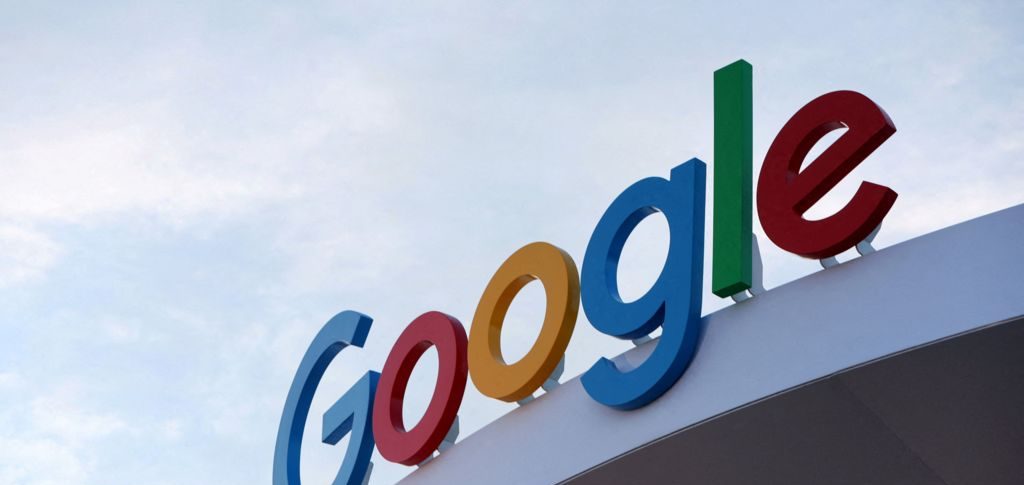- A US federal judge has ruled that Google can retain its Chrome browser and Android operating system despite being found guilty of maintaining an illegal monopoly in online search.
- Judge Amit Mehta rejected the Justice Department’s push for a breakup, instead ordering Google to end exclusive contracts and share search data with competitors.
- The ruling is seen as a win for Big Tech, though Google still faces additional antitrust battles, including one over its advertising business later this month.
Google has dodged a major bullet in its long-running antitrust battle — but the tech giant isn’t walking away unscathed.
In a landmark ruling on Tuesday, US District Judge Amit Mehta decided that Google will not be forced to sell off its Chrome browser or Android operating system, despite being found guilty last year of illegally monopolizing the online search market. Instead, the court ordered the company to dismantle its exclusive contracts and share key search data with qualified competitors.
The case, filed in 2020, focused on Google’s dominance as the default search engine across its own platforms — like Chrome and Android — and on devices made by partners such as Apple. The Justice Department argued that these arrangements locked out rivals and stifled competition.
While Judge Mehta acknowledged Google’s anticompetitive behavior, he called a full divestiture of Chrome “a poor fit,” citing concerns about functionality and market disruption. Google had warned that selling off Chrome or Android could render them unstable and harm users.
Instead, the ruling targets Google’s lucrative deals — including the multibillion-dollar agreement with Apple that makes Google the default search engine on iPhones. Going forward, those deals must be renegotiated annually, and Google is barred from entering exclusive arrangements that block competitors.
The court also ordered Google to share portions of its search index and user interaction data — though not advertising data — with rivals, a move aimed at leveling the playing field in the search and AI sectors.
Investors cheered the decision. Alphabet shares jumped over 6%, while Apple gained 3%, with analysts calling the ruling a “home run” for Big Tech. But the battle isn’t over. Google plans to appeal, and another trial over its advertising monopoly is set to begin later this month.
With its search business expected to generate nearly $200 billion this year, Google may have avoided a breakup — but the pressure to open up its ecosystem is only just beginning.
